Despite secret Treasury warnings, the previous Conservative government pressed ahead with cuts to Universal Credit—plunging 300,000 children into poverty. Here’s the full story.
Damning Indictment
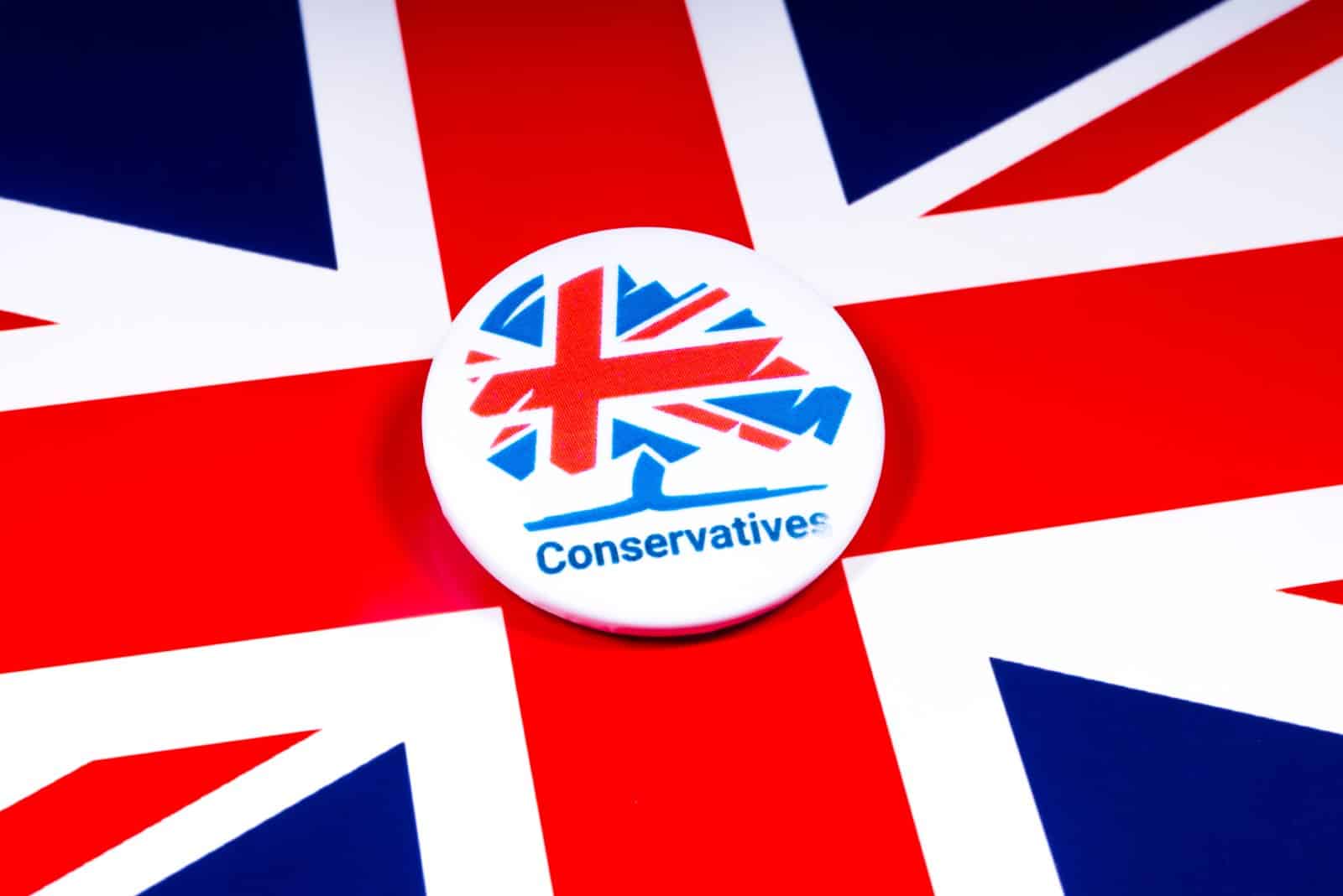
In a damning indictment of the previous Conservative government’s 14 years in office, recently disclosed documents uncovered by the Mirror have shown that, during the latter stages of the COVID-19 pandemic, then Prime Minister Boris Johnson and his Chancellor Rishi Sunak decided to cut the Universal Credit uplift that had been introduced as a temporary relief measure. The £20-per-week increase in Universal Credit had been a lifeline for many low-income families during the economic turmoil caused by the pandemic.
Government Knew Impact

However, what was not known then was that the government had been warned about the devastating impact the cut would have on the country’s poorest families. Despite knowing that the cut would wreak havoc on society’s most disadvantaged people, the government decided to withdraw this vital support in the autumn of 2021 regardless.
Effort to Hide Data
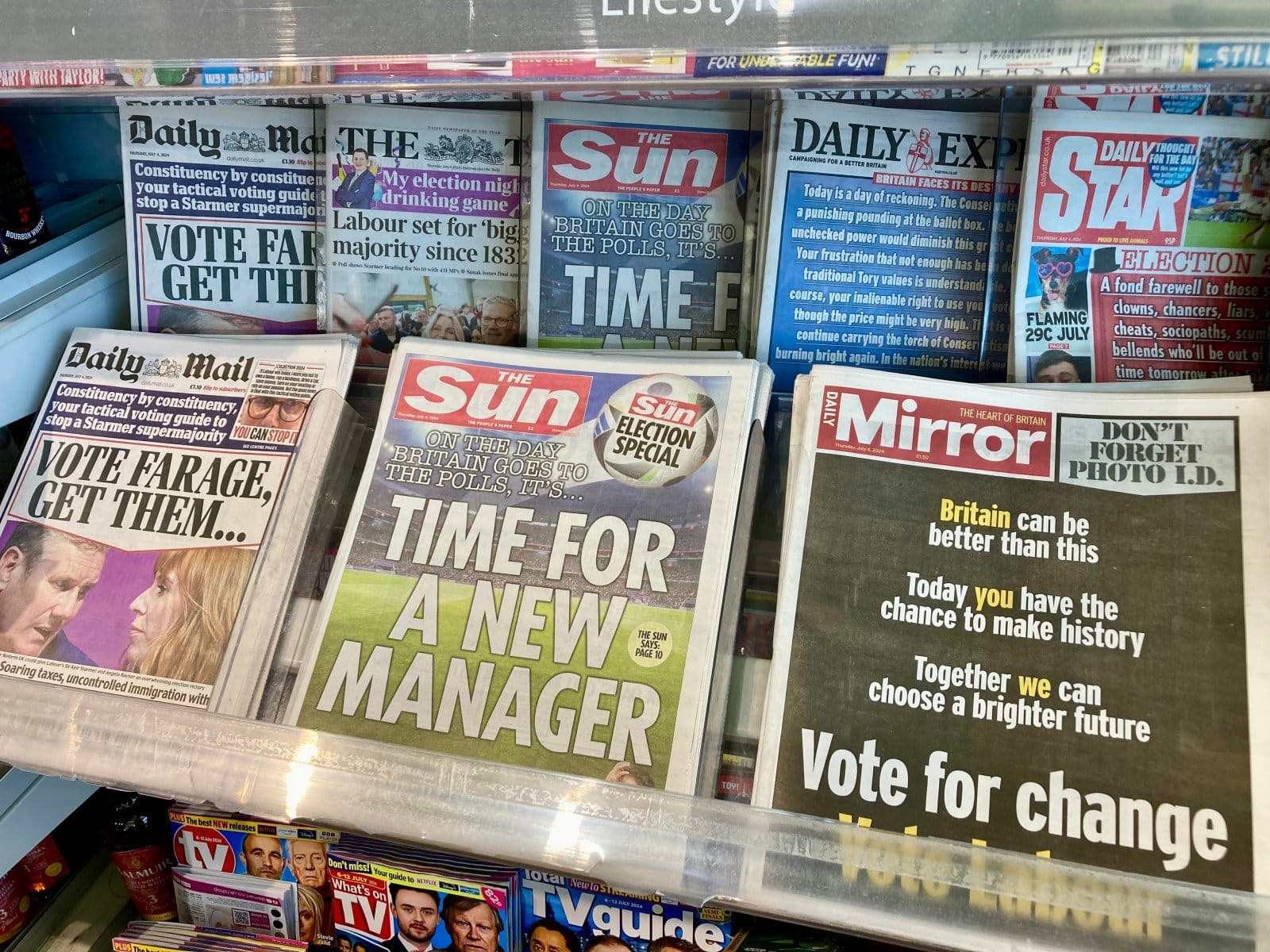
The documents uncovered by the Mirror, which were only released following a year-long effort by the Mirror, as the previous Conservative government had taken the paper to court to try to stop the release of the figures ahead of the general election, are incredibly damaging to the Conservatives.
Child Poverty Increase

The official Treasury documents, headed “Official Sensitive,” revealed that the then government knew that the removal of the £20 uplift would significantly increase child poverty. The wording of the official documents is stark and dire.
“Child Poverty Increase”
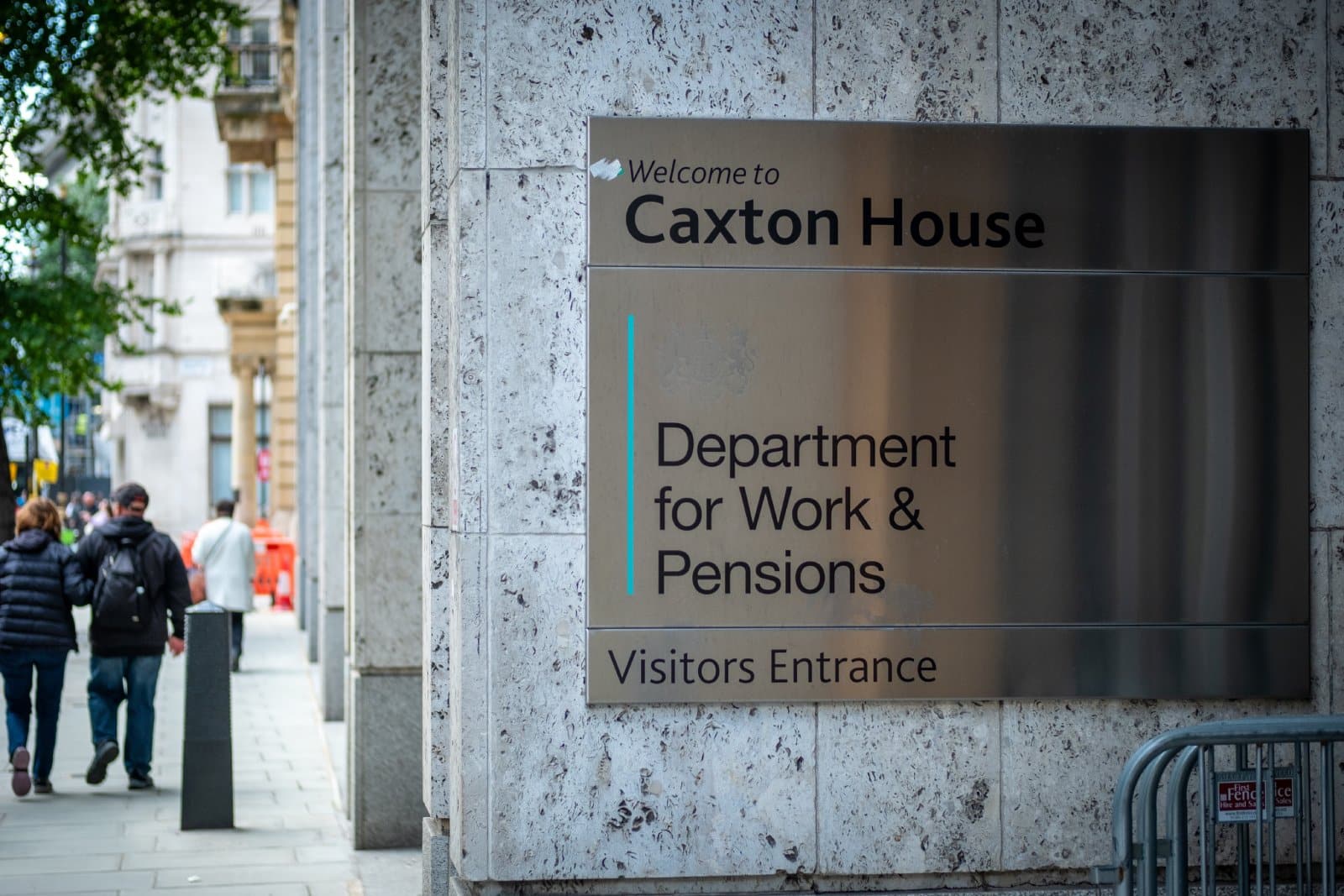
It reads, “Child poverty is expected to increase when the £20 uplift is removed. DWP [Department for Work and Pensions] analysis of SB21 [Spring Budget 2021] suggested that the removal of the £20 uplift would mean an additional 800,000 individuals, including an additional 300,000 children, in poverty (absolute, before housing costs).”
Disproportionate Effect

It adds, “The expiry of the £20 uplift will have a disproportionate effect on those households with the lowest incomes, and particularly those in the lowest three income deciles.”
Public and Political Backlash

At the time, the decision to cut the Universal Credit uplift was met with substantial political and public backlash. Prominent figures, including footballer Marcus Rashford and six former Conservative Work and Pension Secretaries, publicly urged the government to maintain the uplift.
Vital Support

Rashford described the support as “vital,” while the former Secretaries emphasised the importance of making the uplift permanent. Despite these appeals, the government remained steadfast in its decision, arguing that the uplift was always intended to be a temporary measure despite knowing full well the misery the cut would cause to the poorest families in the country.
Refusal to Release Analysis

The refusal to release the internal analysis has further fueled the controversy surrounding the documents. Last summer, the Treasury declined to publish any assessment of the impact of ending the support, leading to a formal complaint by The Mirror to the Information Commissioner’s Office (ICO).
Tribunal Appeal
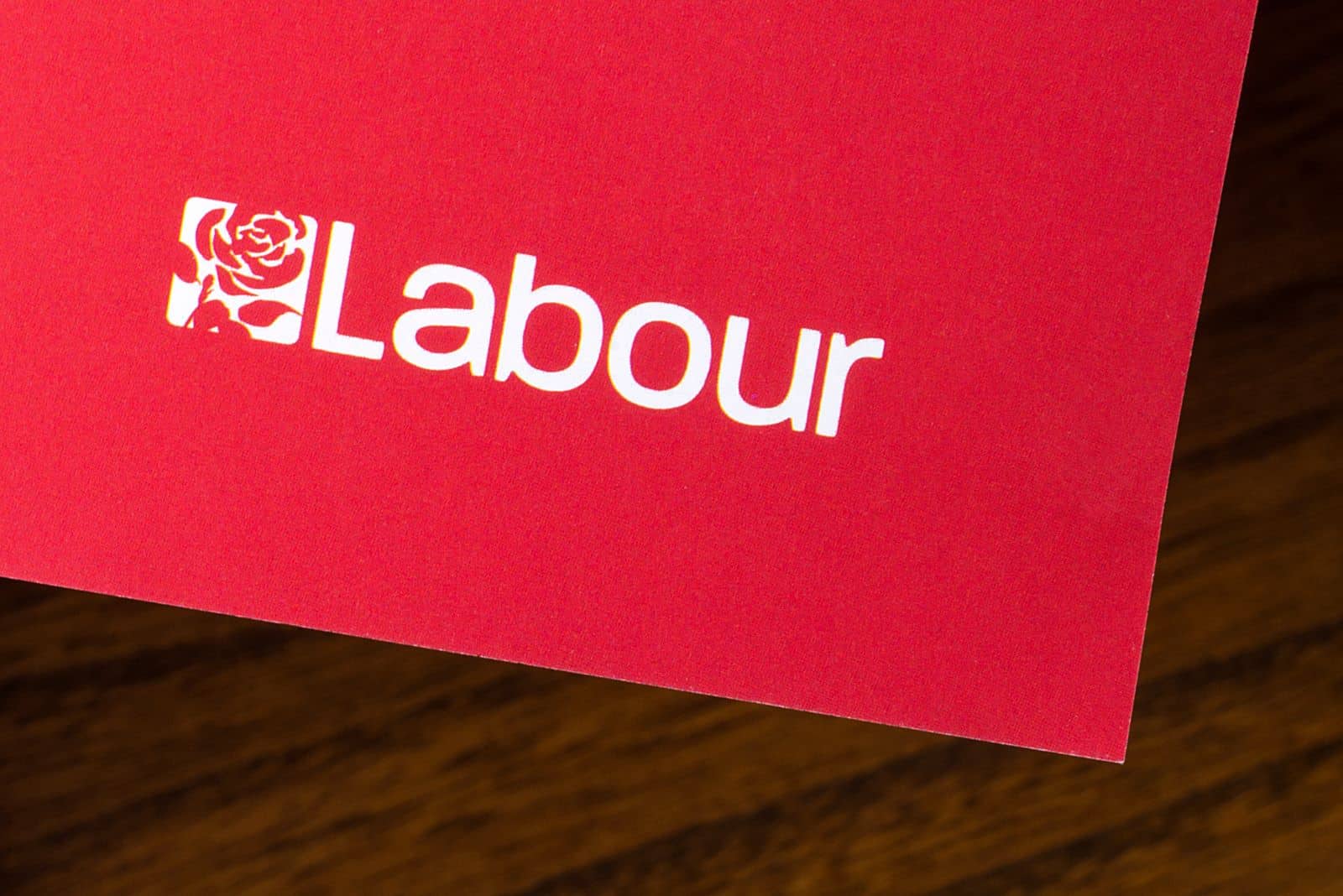
The ICO subsequently ordered the documents to be published by June 21. In response, the Conservative government instructed the Government Legal Department to appeal the order at a tribunal, an appeal that the incoming Labour administration ultimately dropped.
False Claims

In the wake of the documents’ release, a spokesman for Boris Johnson told the Mirror, “Under Boris Johnson child poverty actually declined.”
Reality Check
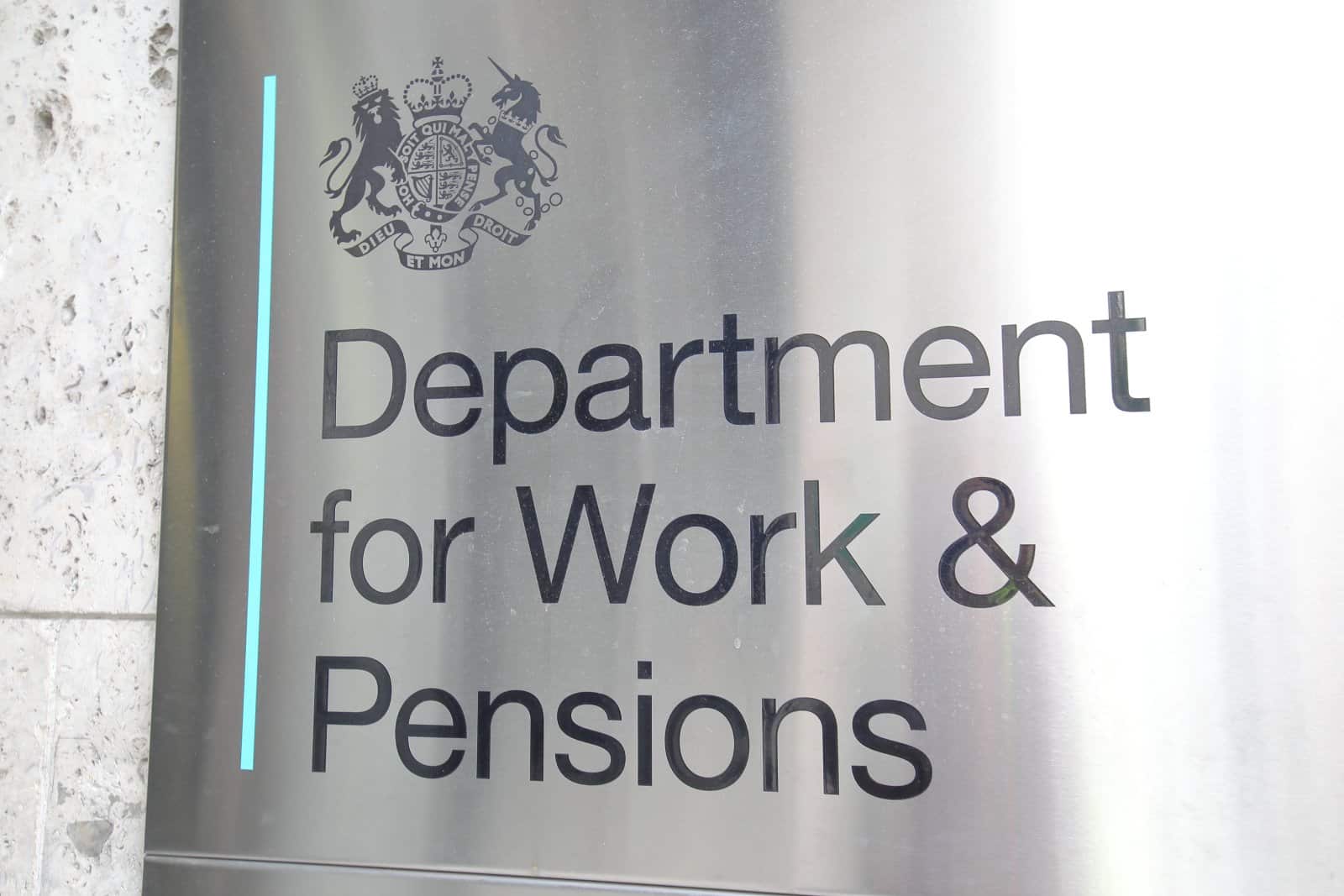
This is misleading, at best. According to the Department of Work and Pensions, as of March 2024, 4.3 million children were living in poverty, up from 3.6 million in 2010/2011, meaning one in three children in the UK is affected.
Defending the Indefensible

Similarly, a Conservative Party spokesperson attempted to defend the indefensible, stating, “During what was an unprecedented global pandemic, the Conservative government took decisive action to support millions of people across our country… This was always intended to be a temporary measure that would be in place during the worst of the pandemic.”
Employment and Poverty

The Treasury analysis provided a detailed socio-economic breakdown of the decision’s impact. It noted that 37% of Universal Credit recipients at the time were employed, using the benefit to supplement their low income.
Substantial Reduction
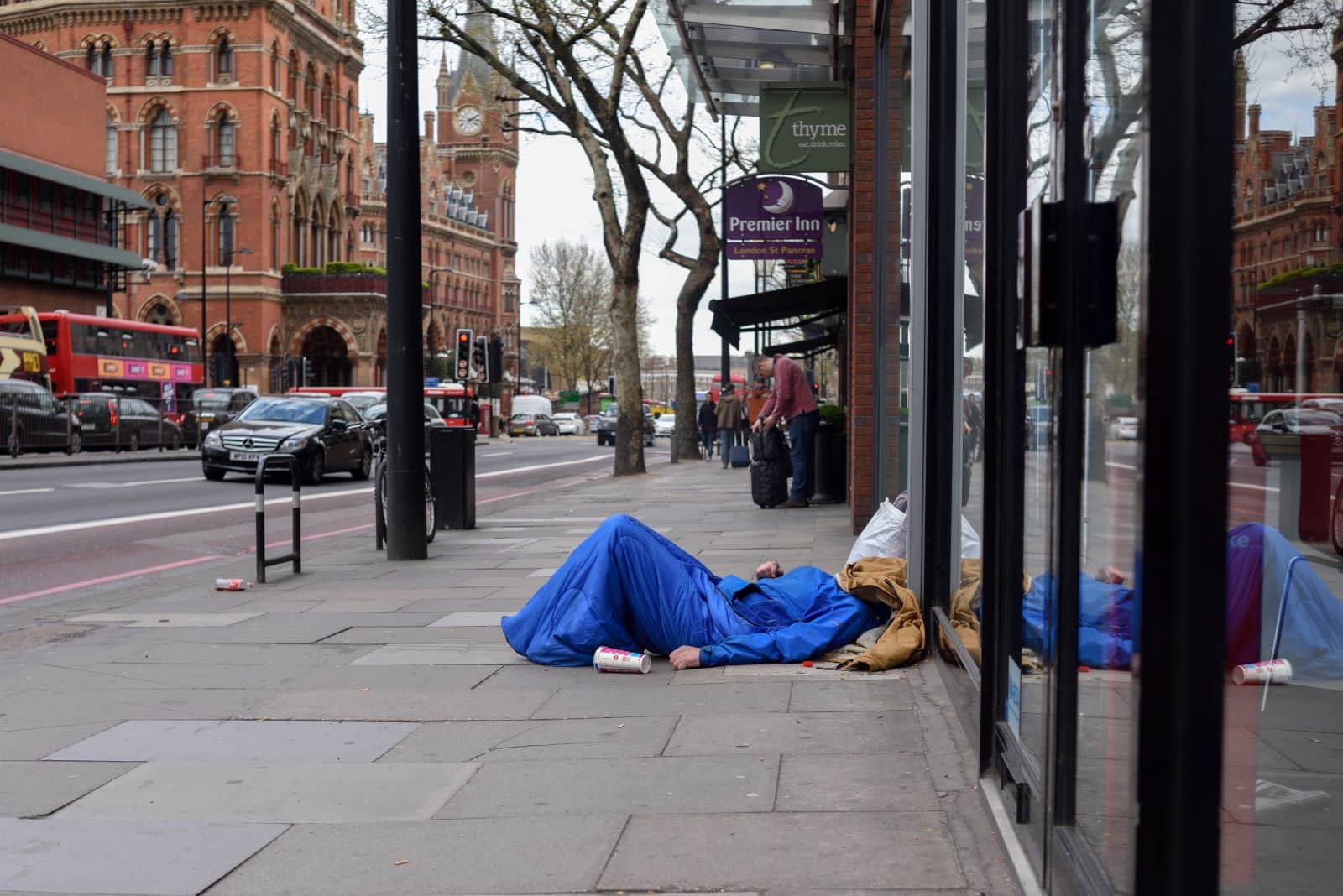
For single claimants without children, removing the £20 uplift represented a substantial 23% reduction in their average award. The analysis gave a poignant example: “For an unemployed single adult, with no children and privately renting in Ipswich, their net income would currently be above the absolute poverty line if they were working full time at the NLW [National Living Wage], whereas without the £20 uplift, they would fall below that line.”
“Shocking Cover-Up”
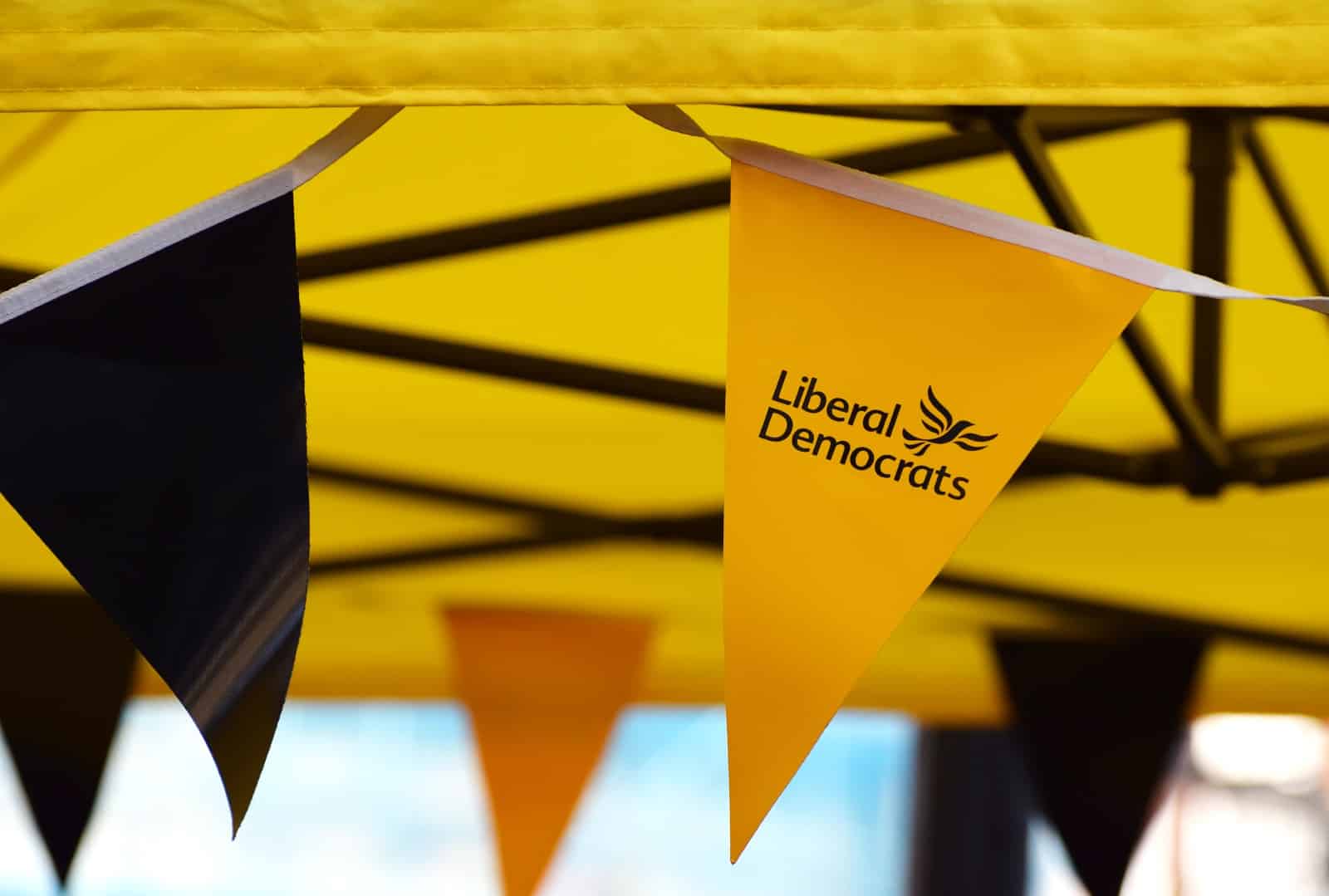
Responding to the release of the documents, Lib Dem Work and Pensions spokeswoman Wendy Chamberlain stated, “It is truly shocking that Conservative Ministers attempted to hide this. This cover-up tells you everything you need to know about the desperately out-of-touch Conservative Party.”
Reignited Debates

The released documents have reignited debates regarding the adequacy of Universal Credit. The Treasury papers candidly admitted that, for many families, Universal Credit was insufficient to keep them above the absolute poverty line, even with the £20 uplift. This acknowledgement has spurred discussions on why the government would institute a benefit that it knew would keep people in poverty, even those in work.
Future Implications

It remains to be seen how the release of these previously secret documents will shape the discussion on benefits and the scourge of child poverty in the future.
10 Worst Places to Live in the UK Today

Here’s a look at the 10 worst places to live in the UK, based on statistical analysis and local sentiment, to help you understand the challenges residents may face in these areas. 10 Worst Places to Live in the UK Today
“We Will Never Come to Help You” – Trump’s Hurtful Words Raise Concerns About EU Firepower

It was revealed in a conference in Brussels that former President Donald Trump said in 2020 that the US would “never help” Europe if it was attacked. Now, European nations are grouping to commit more firepower to combat Putin’s threat to democracy. “We Will Never Come to Help You” – Trump’s Hurtful Words Raise Concerns About EU Firepower
Brexit Fallout: 20 Ways the EU Is Falling Apart Without the UK
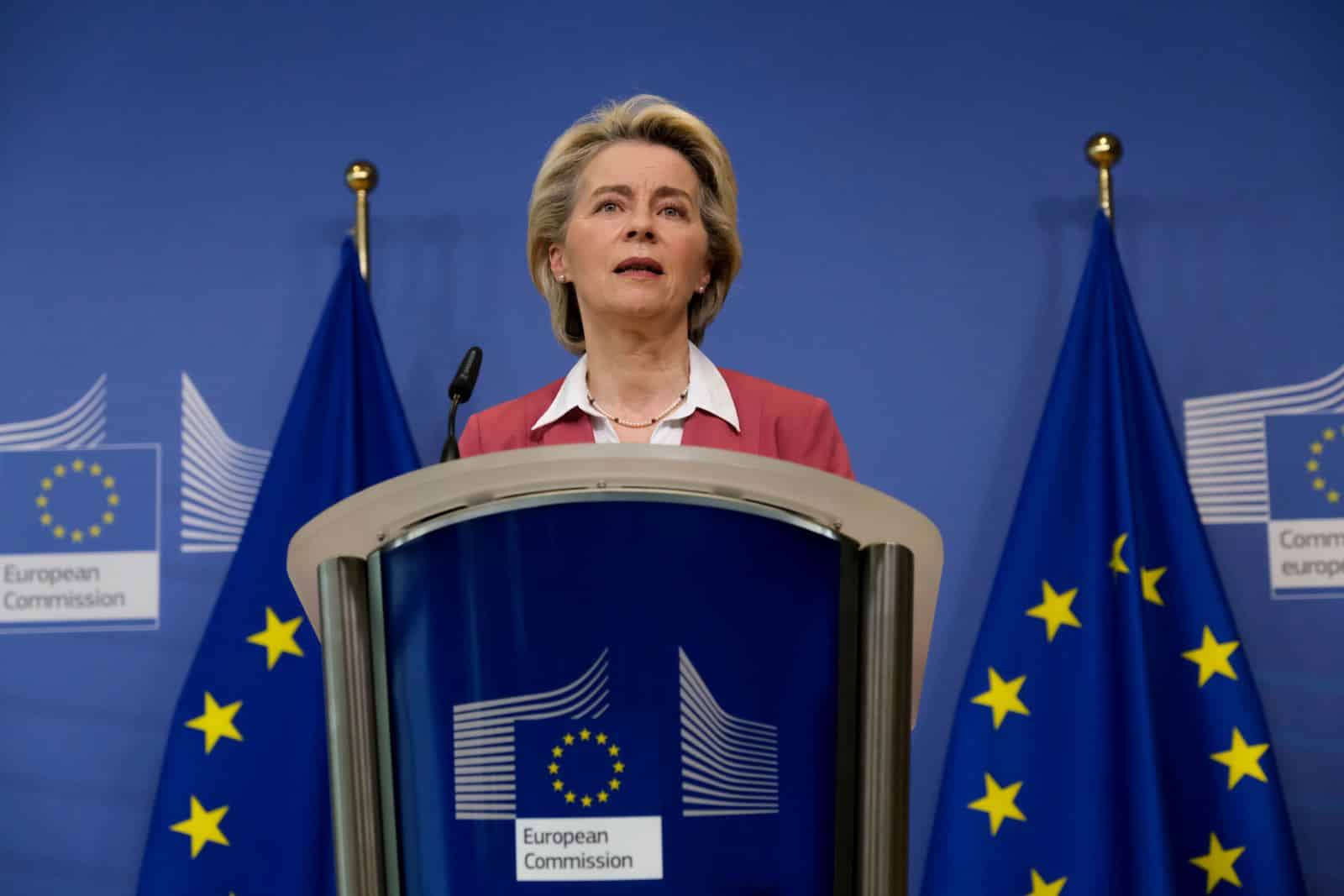
Since Brexit, the EU has been grappling with multiple crises and internal conflicts. Can the bloc hold itself together in these turbulent times? Brexit Fallout: 20 Ways the EU Is Falling Apart Without the UK
Featured Image Credit: Shutterstock / Tomsickova Tatyana.
Grant Gallacher is a seasoned writer with expertise in politics and impactful daily news. His work, deeply rooted in addressing issues that resonate with a wide audience, showcases an unwavering commitment to bringing forth the stories that matter. He is also known for satirical writing and stand up comedy.

